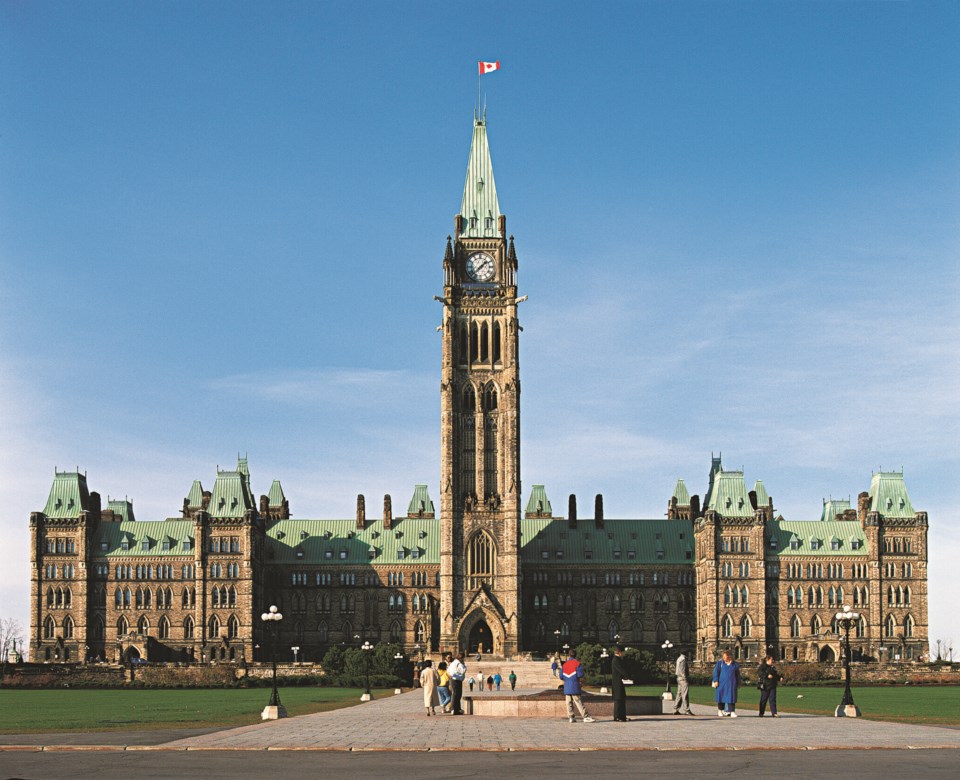Four years ago, 45 per cent of Canadians who attended elementary school and/or high school in Canada said they did not learn anything about residential schools as part of their curriculum.
The generational divide was clear—openly discussing this painful chapter in Canadian history is a fairly recent occurrence. While only 26 per cent of those aged 18 to 34 had not heard about residential schools as students, the proportions rose to 51 per cent among those 35 to 54, and 58 per cent among those aged 55 and over.
Looking at this issue once again in 2024, the results are similar. About half of those who attended elementary school and/or high school in this country did not hear about “residential schools” at all. Again, young adults are more likely to have learned something about this issue than their older counterparts.
When respondents are asked to look back at their experience in school, 41 per cent say what they heard about residential schools was positive, while 36 per cent say it was negative. Their current opinions are decidedly different. Just over a third (34 per cent) maintain a positive assessment of residential schools, while a majority (54 per cent) say it is negative.
The views vary across regions. More than two-thirds of those who reside in Atlantic Canada (77 per cent), Alberta (72 per cent) and British Columbia (69 per cent) now view residential schools in a negative light, but the proportions are lower in Saskatchewan and Manitoba (55 per cent), Ontario (52 per cent) and Quebec (36 per cent).
It is evident that time and information play a role in the way Canadians assess residential schools. This has not stopped individuals from questioning the validity of claims of abuse, particularly on social media posts where stubbornness and revisionism are sometimes paired with intense religious fanaticism.
Leah Gazan, a New Democratic Party member of Parliament who has represented Manitoba’s Winnipeg Centre constituency since 2019, has been particularly active on this file. Gazan succeeded in garnering unanimous support for a new system to alert the public when Indigenous women, girls or two-spirit people go missing.
Gazan recently introduced a private member’s bill in the House of Commons, which seeks to make it a Criminal Code offence to willfully promote hatred against Indigenous people by condoning, denying, justifying or minimizing the facts about residential schools.
Canadians are not confused about the next step. In our survey, almost three in five (59 per cent) say they would want their own member of Parliament to vote in favour of this bill in the House of Commons, while one in four (24 per cent) would prefer to see a vote against it and 17 per cent are undecided.
The generation gap Canadians experienced inside their classrooms is no longer present when it comes to the minimization of the experience of the country’s Indigenous Peoples. Similar proportions of Canadians aged 18 to 34 (60 per cent), aged 35 to 54 (59 per cent) and aged 55 and over (58 per cent) want their own member of Parliament to support Gazan’s bill. A similar situation ensues with ethnicity, with majorities of respondents whose ancestry is Indigenous (69 per cent), South Asian (65 per cent), East Asian (61 per cent) and European (59 per cent) backing the bill.
On a regional basis, support for the bill is lowest in Saskatchewan and Manitoba (45 per cent), but climbs to majority territory in Atlantic Canada (52 per cent), British Columbia (57 per cent), Quebec (58 per cent), Alberta (59 per cent) and Ontario (67 per cent). There is a political divide. Most Canadians who voted for the NDP and the Liberal Party in 2021 (77 per cent and 67 per cent, respectively) support the bill, but they are joined by just 46 per cent of those who cast a ballot for the Conservative Party in the last federal election.
Amending the Criminal Code is not a foreign concept to Canadians. Since June 2022, a prison term of not more than two years is contemplated for anybody found guilty of “condoning, denying or downplaying the Holocaust.” Our survey shows that most Canadians think this type of protection should also apply to atrocities committed within our own borders.
Mario Canseco is president of Research Co.
Results are based on an online survey conducted from October 21-23, 2024, among 1,001 adults in Canada. The data has been statistically weighted according to Canadian census figures for age, gender and region in Canada. The margin of error is plus or minus 3.1 percentage points, 19 times out of 20.



